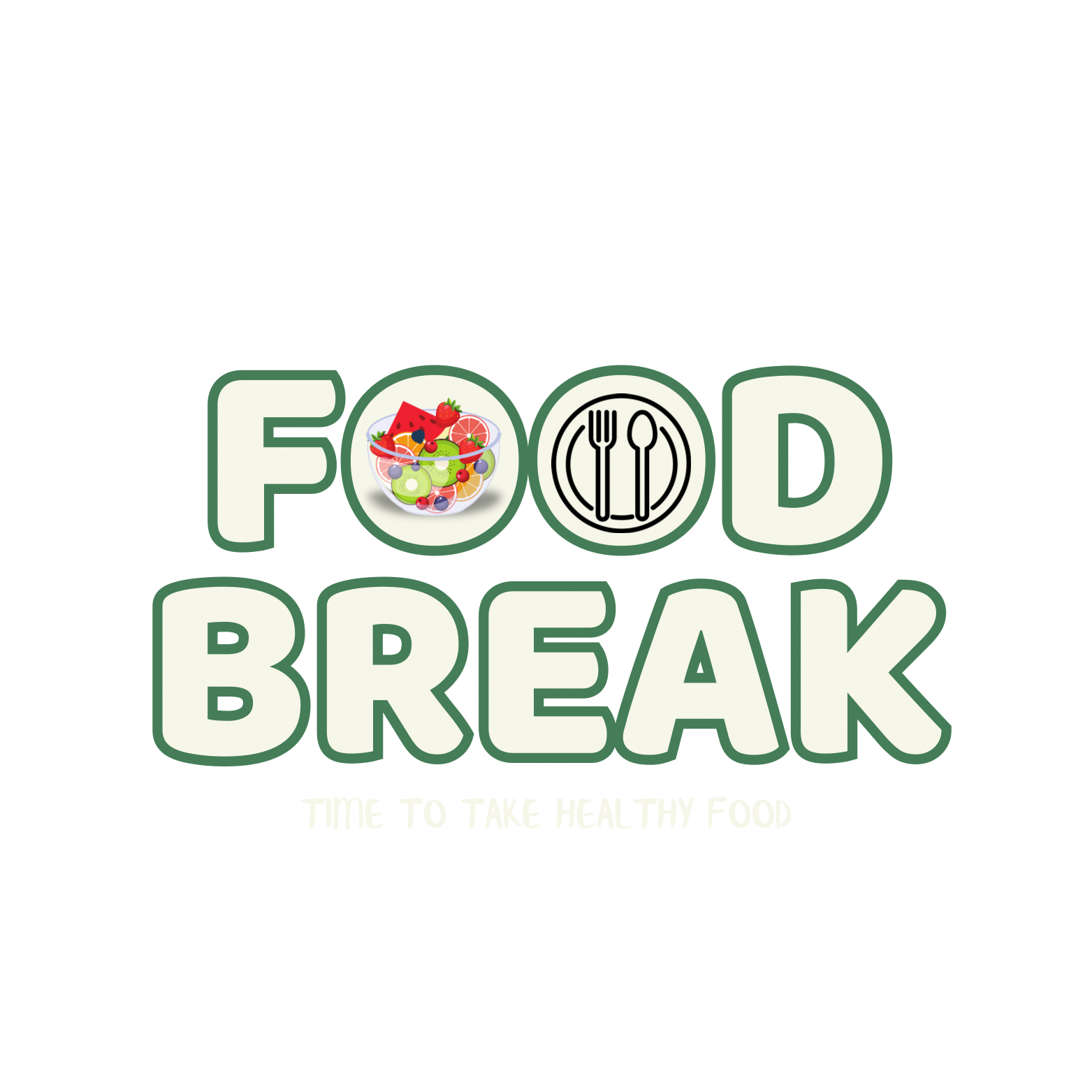
In today’s fast-paced lifestyle, dietary supplements like multivitamins, zinc tablets, and vitamin D capsules have become commonplace. While these can help in specific situations, a balanced diet often provides all the nutrients you need. Why rely on supplements when nature offers a variety of wholesome, nutrient-rich foods? Here’s how you can replace supplements with everyday foods for a healthier approach to nutrition.
1. Vitamin C
Vitamin C boosts immunity, aids wound healing, and supports healthy bones and teeth. Replace vitamin C supplements with citrus fruits like oranges, lemons, and grapefruits. Other excellent sources include strawberries, kiwis, bell peppers, and Kakadu plum, which contains 75 times more vitamin C than oranges (2021 study, Applied Sciences).
2. Vitamin D
Our body requires sunlight to produce vitamin D, vital for bone strength and immune health. When sunlight isn’t an option, swap vitamin D capsules for fatty fish like salmon and mackerel, fortified milk, or egg yolks (Journal of Nutrition Association of Thailand, 2019).
3. Calcium
Calcium strengthens bones and teeth. Instead of calcium tablets, consume dairy products like milk, yogurt, and cheese. Lactose-intolerant? Opt for fortified plant-based milk, tofu, almonds, spinach, or kale. Even two tablespoons of chia seeds can meet 14% of your daily calcium needs (African Journal of Food Science).
4. Iron
Iron combats fatigue and improves energy. Ditch iron supplements in favor of red meat, spinach, lentils, and beans. Pair iron-rich foods with vitamin C sources (like citrus fruits) to boost absorption.
5. Zinc
Essential for immunity, skin health, and cell repair, zinc can be sourced from pumpkin seeds, chickpeas, cashews, and oysters, which contain the highest zinc levels per serving (National Institutes of Health).
6. Omega-3 Fatty Acids
Omega-3 fatty acids promote heart and brain health. Instead of supplements, include walnuts, flaxseeds, chia seeds, and fatty fish like salmon in your diet.
7. Magnesium
Magnesium supports nerve health, muscle function, and sleep quality. Replace magnesium pills with dark leafy greens, seeds, beans, bananas, dark chocolate, and nuts.
8. Vitamin B12
Vital for nerve function and energy, vitamin B12 can be obtained from meat, fish, eggs, and dairy. Vegetarians can opt for fortified cereals or nutritional yeast.
Final Thoughts
A diet rich in natural, whole foods can help you meet your nutritional needs without relying on supplements. By including these eight nutrient-packed foods in your daily meals, you’ll enjoy the benefits of essential vitamins and minerals while reducing dependency on pills.
